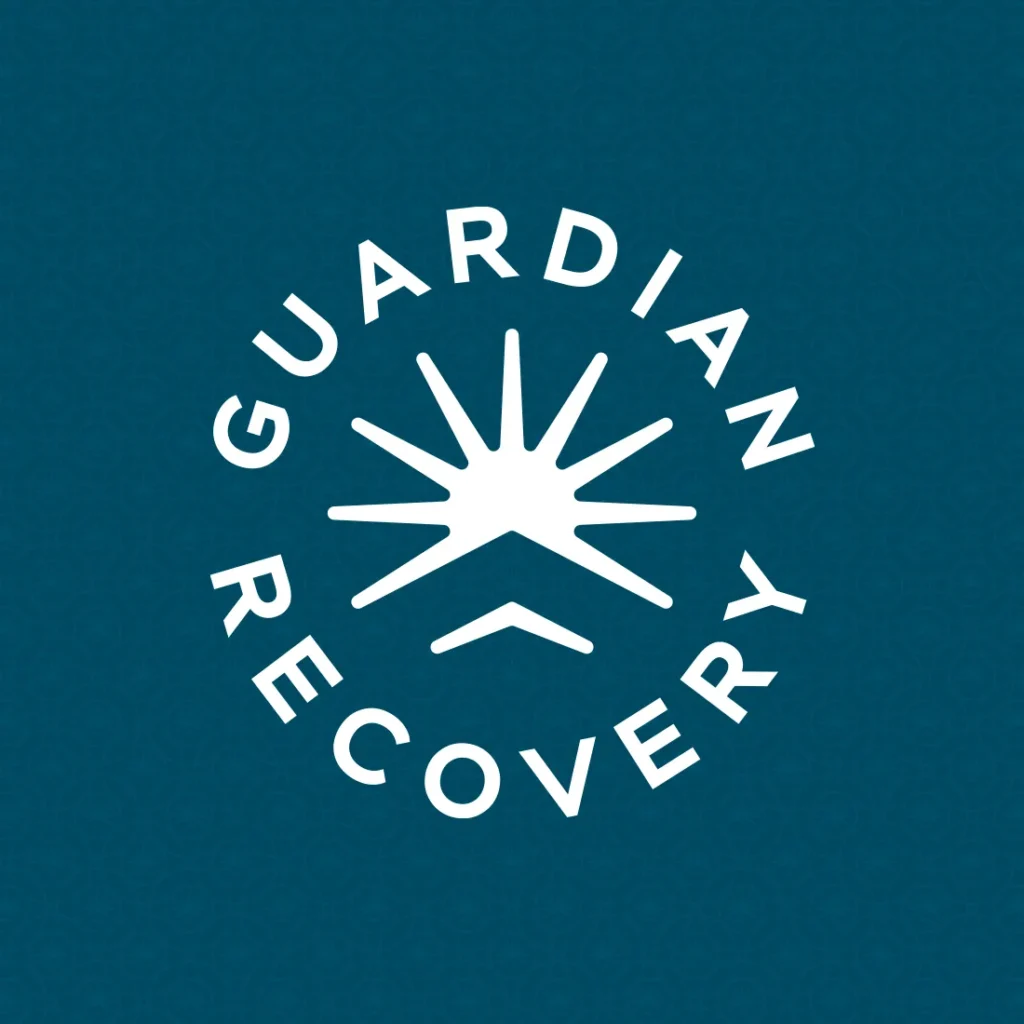What is Chronic Pain?
When you experience any degree of pain, your central nervous system is letting your brain know that something might be wrong. Everyone experiences pain on occasion. Pain can be sharp or dull, and can be felt in an isolated area of the body or felt all over. Maybe you slam your hand in the car door or stub your toe. Maybe you get a paper cut or experience an unpleasant toothache. Most of the pain we feel is acute, meaning that it is short-lived and easily resolves on its own. Chronic pain is much different than acute pain. Chronic pain can last for months or years, and can completely consume the life of the sufferer. The US National Library of Medicine published a thorough study on chronic pain, explaining that this type of pain is more common amongst older adults and that it can result from an injury, infection or chronic illness. While chronic pain is not always curable, there are many treatment options available to men and women who have been suffering at the hands of a pain-related condition. While many medical professionals provide potent opioid painkillers for the treatment of chronic pain, medicinal intervention is never a good idea for individuals who have a personal history of substance abuse. Narcotic painkillers are extremely habit-forming. Fortunately, there are many other non-invasive pain management options available. While it can be difficult to stay sober while trying to cope with chronic pain, it can certainly be done.
Staying Sober Through Chronic Pain
An titled, “Successful Pain Management for the Recovering Addicted Client” was recently published in the Primary Care Companion to the Journal of Clinical Psychiatry. The study explains that some pain medications can be clinically beneficial if there is “clear documentation of indication for the medication, dose, dosing interval, and amount provided.” At Princeton Detox and Recovery Center we believe that individuals who are simultaneously suffering from an addictive disorder and from chronic pain are best treated with a combination of non-narcotic pain medications and a wide range of proven holistic pain management techniques. Sadly, individuals who suffer from substance abuse and dependency are less likely to receive adequate care for chronic pain than other members of the population. Inadequate pain relief also happens to be one of the primary sources of relapse in men and women who have maintained sobriety for an extended period of time but are still experiencing pain-related symptoms. When it comes to our comprehensive and individualized program of clinical, medical and therapeutic addiction treatment, we take all underlying and contributing factors into careful account. If it is discovered that a client has been self-medicating the symptoms of chronic pain we immediately set to work developing a treatment plan that effectively tackles this underlying issue.
We understand how difficult it can be to stay sober while experiencing the unpleasant and all-consuming symptoms associated with chronic pain. The good news is that we have had ample success in providing alternative pain management techniques that are just as effective – if not more effective – than narcotic pain medications. During the medically monitored detox portion of our multi-phased approach to addiction treatment, clients might be given a non-habit-forming pain medication like acetaminophen or ibuprofen. Clients might also be given anti-inflammatory drugs when deemed necessary, or other medications – like suboxone – to help alleviate the physical pain associated with symptoms of withdrawal. These medications are extremely effective for individuals in medical detox, however, when an individual transfers to the inpatient treatment phase of addiction recovery he or she is thoroughly introduced to a much broader range of effective and extremely safe pain management techniques.
The US National Library of Medicine published a study titled, “Treating Pain in Addicted Clients: Recommendations from an Expert Panel.” The study explains that when a professional clinician is faced with treating chronic pain in an individual who has been suffering from substance abuse, there are many factors to consider. Unfortunately, many clinicians who do not have a personal background in addiction still go for the “quick fix” and prescribe an addictive, opioid pain reliever. At Princeton Detox and Recovery Center we have extensive experience treating chronic pain and addiction at the same time – and we never prescribe potentially habit-forming medications. Instead, we take an integrated and holistic approach.
Pain Management Services
Alternative pain management services we offer include:
- Physical therapy – Physical therapy (or physiotherapy) uses an evidence-based approach to pain management through kinesiology, health education and exercise prescription. Physical therapists meet with clients several times a week and help them heal through movement.
- Nutritional therapy – The foods you consume have a major impact on every component of your health – physical, mental and emotional. We provide nutritional therapy services, teaching clients which foods will reduce inflammation and work towards relieving pain.
https://www.princetondetox.com/wp-content/uploads/2020/10/nutrition-therapy-for-staying-sober-with-chronic-pain.jpg
- Acupuncture – This effective method of alternative medicine involves inserting small, sterile needles into pressure points throughout the body. Acupuncture is beneficial in reducing symptoms associated with drug and alcohol withdrawal as well as reducing chronic pain-related symptoms.
- Yoga and stretching – Some forms of yoga are extremely beneficial to individuals who are suffering from chronic pain. We have trained yoga instructors who teach classes both on and off-site regularly. Classes can easily be modified to help those suffering from pain-related issues.
Seeking Additional Support
If you suffer at the hands of chronic pain, there is a good chance that your aftercare plan includes some level of additional support. At Princeton Detox and Recovery Center we provide each of our clients with a thorough and comprehensive aftercare plan, complete with all viable pain management options. If it is discovered that holistic therapy is beneficial in helping you deal with chronic pain, we are happy to pair you up with a holistic therapist for long-term care. If you find that acupuncture is helpful we will provide you with a professional recommendation. No matter what you need, we ensure that you are set up for long-term success in recovery once you graduate from our comprehensive program of clinical care.
https://www.princetondetox.com/wp-content/uploads/2020/08/staying-grateful-in-addiction-recovery.jpg
Princeton Detox and Recovery Center
At Princeton Detox and Recovery Center we offer our clients a combination of traditional and holistic pain management services. In some cases we prescribe medications to clients while they are in our medically monitored detox program, geared towards providing them with a safe and pain-free withdrawal. However, medication assisted treatment is never a stand-alone solution. We combine intensive therapeutic intervention and proven methods of holistic pain management. Once a client transitions into our inpatient treatment program he or she learns numerous ways in which to effectively manage chronic pain without the use of opioid narcotic pain medications.
If you have been sober for some time and have recently been triggered by chronic pain or if you are just now beginning your personal recovery journey and are concerned about pain management, Princeton Detox and Recovery Center is available to help. To learn more about your non-invasive pain management options simply give us a call today. We look forward to speaking with you and helping in every way that we can.











